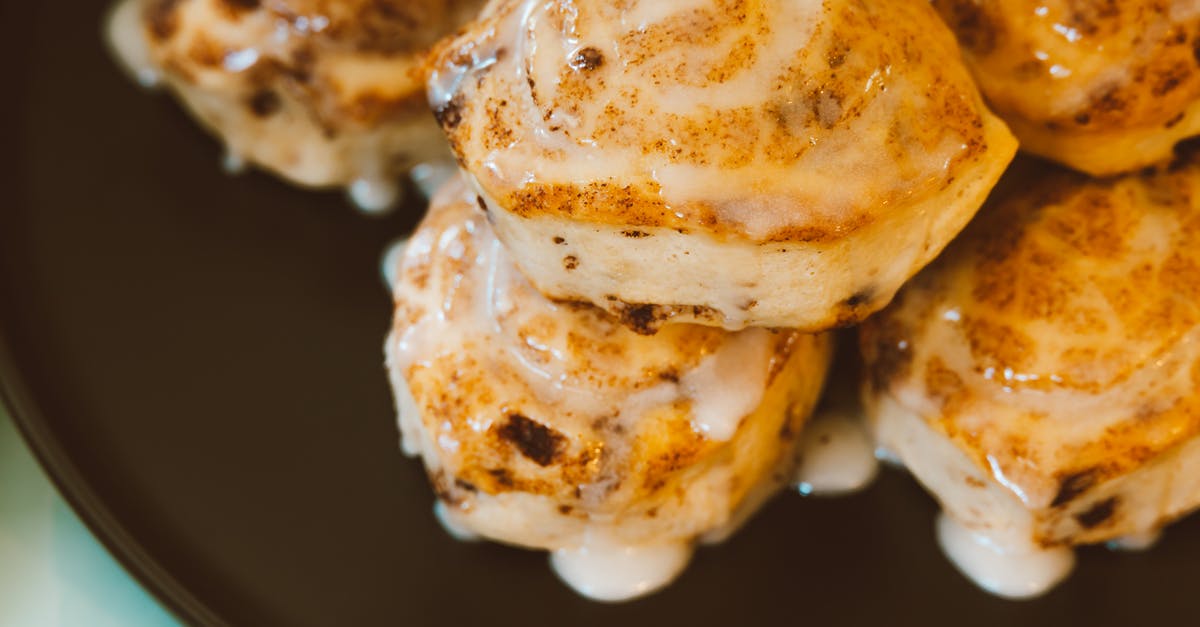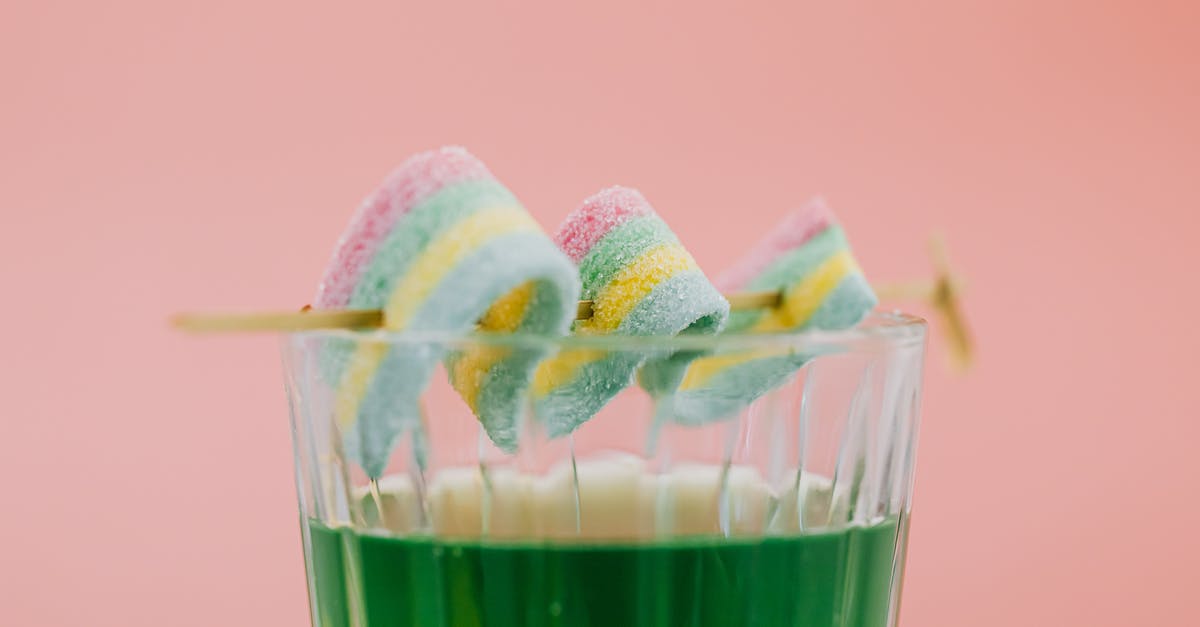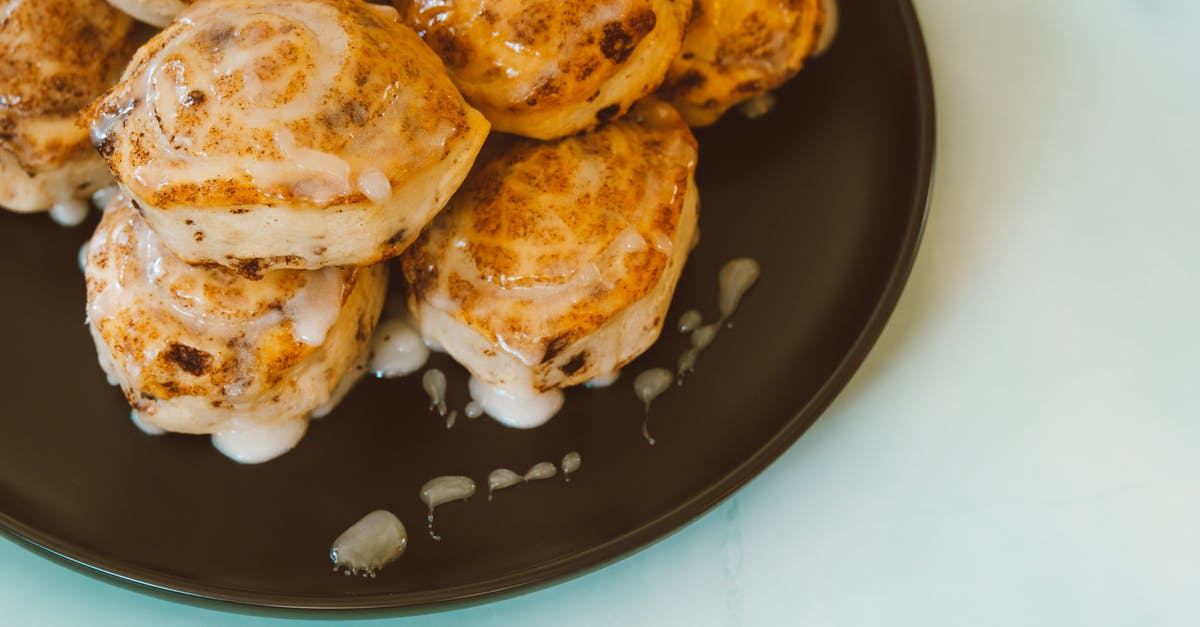What effects will xylitol have as a sugar substitute?

What effects does xylitol have when used in place of sugar?
- Will replacing sugar with xylitol lower the calories in my candy?
- Does it have a laxative effect if eaten in quantity?
- Will my fruit gems benefit from other gums or thickeners added to the recipe? Or citric acid, wheat starch etc?
I am new to confectionery but making food stuffs and making cosmetics seems to be a kindred talent. Let's see if I am up to the task. Can't be too hard can it??? LOL
Best Answer
It's difficult to find reliable information amidst all the marketing hype with xylitol, but here's what I've been able to figure out:
Xylitol does have fewer calories, per unit of weight, than table sugar. However, xylitol is also less sweet than sugar. Factually, it has about 2/3 the calories of sugar. Anecdotally, it is about half as sweet, so if you judged your amounts entirely by taste (as opposed to doing a 1:1 substitution), you would end up with more calories.
Xylitol has been associated with gastrointestinal upset in doses higher than 35 g, so if you plan to use a lot of in your candies, you might want to use very small servings. It seems to be not as bad as most other sugar alcohols, but still much harder on the gut than ordinary sugar.
One of the more interesting properties of some sugar alcohols (including xylitol, again) is that they are humectants - meaning that they draw in moisture from the air. This is a useful property if your candies are prone to drying out; on the other hand, if they are prone to breaking down then this could make it worse. It depends on the specific candy and especially the gelatin concentration.
Although it is mildly alkaline - enough to spawn anecdotes of it having a "cooling effect" on the mouth - it's not really enough to make a difference in gelatin, which does fine up to a pH of about 10. Citric acid does seem like a common accompaniment in sugar-free gums but it seems to be just for flavour purposes, as humans aren't wired to enjoy alkaline tastes. Keep in mind that this will at least partly negate the supposed oral benefits.
Finally, polyols act as stabilizers for gelatin in the same way that sugar does. Although xylitol wasn't included in the linked experiment, it's very similar to sorbitol in that respect. What you'll end up with is an increased melting point and a generally firmer gel, and while that's normally seen as a good thing, don't overdo it or else you'll lose the melt-in-your-mouth property that's unique to gelatin.
I wouldn't use other thickeners; the gelatin is already taking care of that, and if you need more gel strength then just use more gelatin. If you're trying to make stiffer candies then just use a stiffer gelling agent.
Pictures about "What effects will xylitol have as a sugar substitute? "



Quick Answer about "What effects will xylitol have as a sugar substitute? "
It has a sweet taste and is often used as a sugar substitute. Xylitol tastes sweet but, unlike sugar, it doesn't cause tooth decay. It reduces levels of decay-causing bacteria in saliva and also acts against some bacteria that cause ear infections.What are the negative effects of xylitol?
Xylitol side effects also include constipation, gas, bloating, diarrhea, nausea, borborygmi, colic, increased bowel movements and weight gain. Potential xylitol benefits including aiding in oral health, since some research shows it does have the ability to prevent cavities.Is xylitol a healthy alternative to sugar?
As a sweetener, xylitol is an excellent choice. Whereas some sweeteners may cause health risks, studies show that xylitol has actual health benefits. It doesn't spike blood sugar or insulin, starves the plaque-producing bacteria in your mouth and feeds friendly microbes in your digestive system.Which is better stevia or xylitol?
Xylitol, unlike Stevia, has proven health benefits, thus making it far superior to all other natural sugar alternatives. Here is a little factsheet we have produced that outlines why you should consider xylitol as your preferred natural sweetener.Does xylitol spike blood sugar?
Xylitol may be useful as an alternative to sugar for people with diabetes as it does not raise blood glucose or insulin levels, and has a reduced caloric value (2.4 kcal/g compared to 4.0 for sucrose), which is consistent with the objective of weight control.What is Xylitol? – Dr. Berg
Sources: Stack Exchange - This article follows the attribution requirements of Stack Exchange and is licensed under CC BY-SA 3.0.
Images: Jess Loiterton, Karolina Grabowska, Jess Loiterton, Ann H
